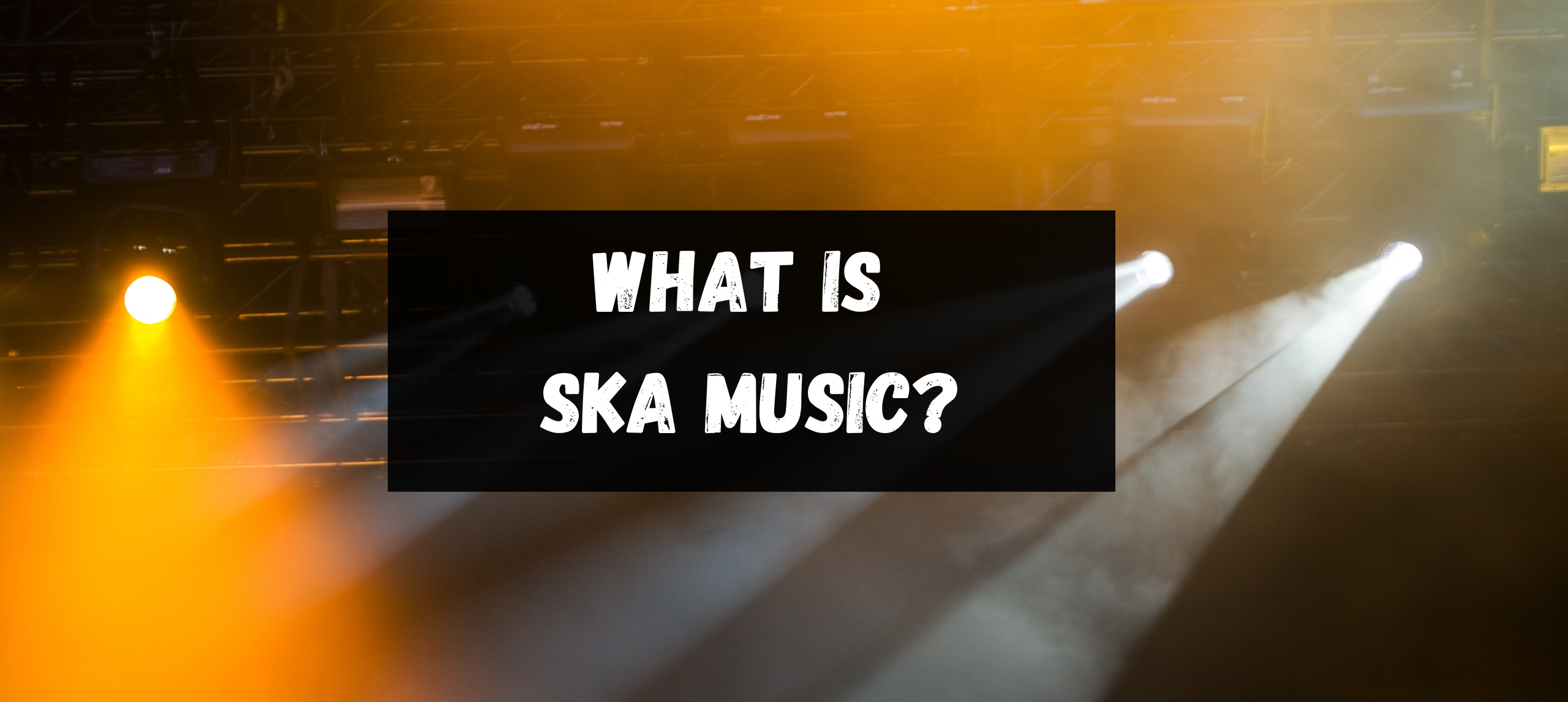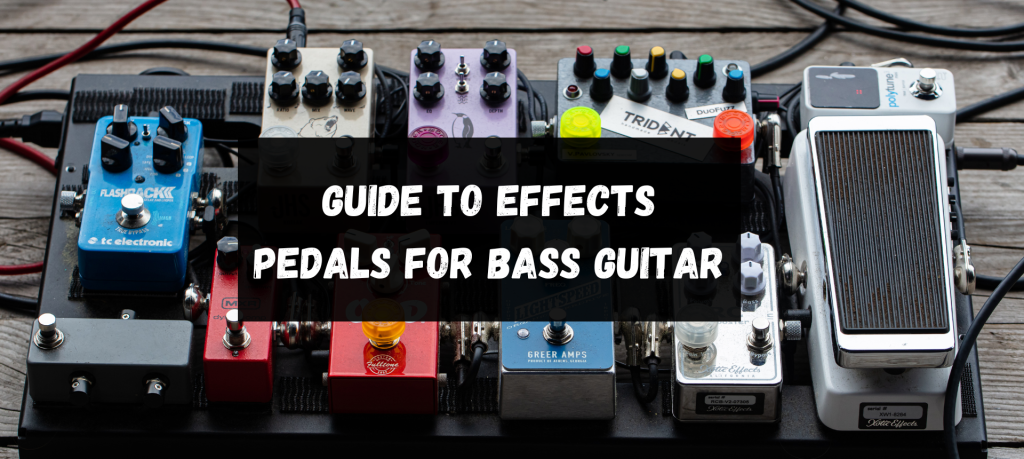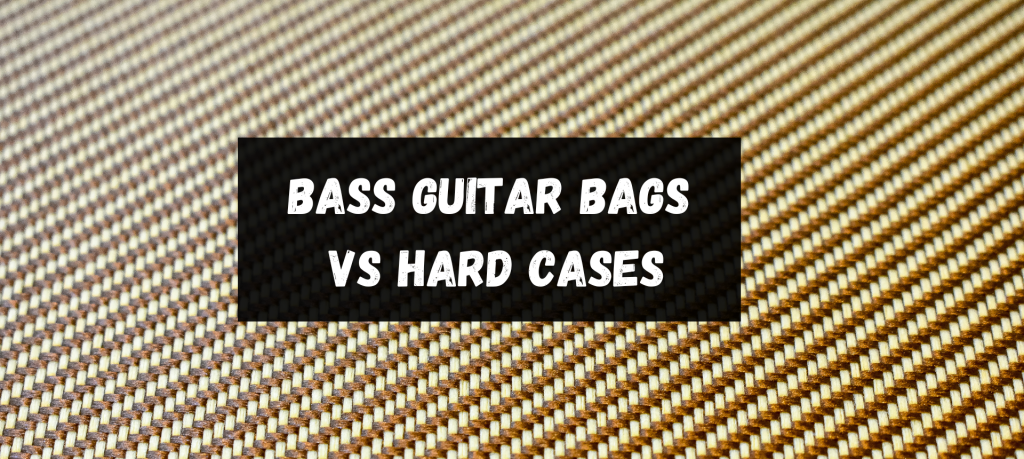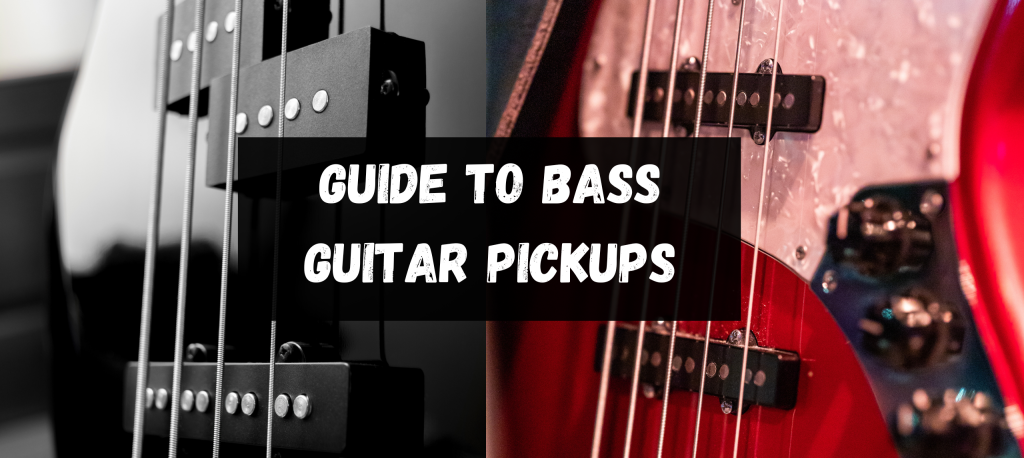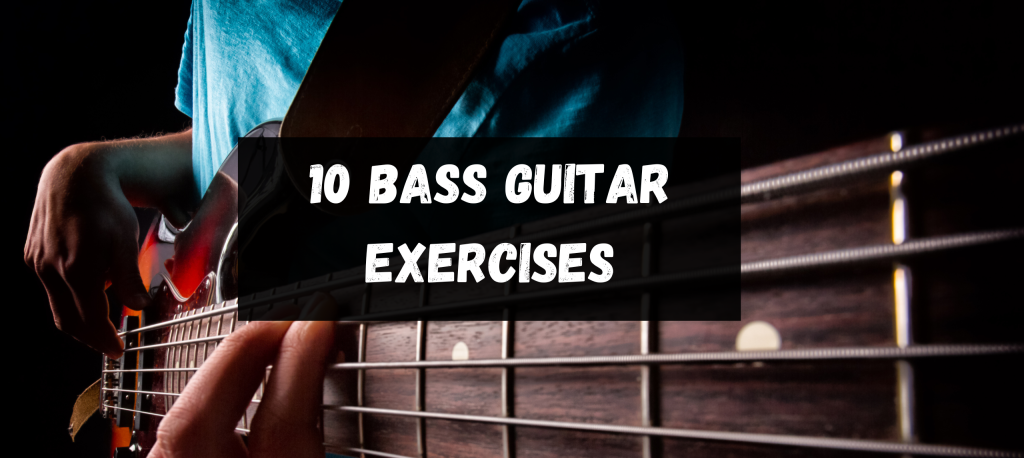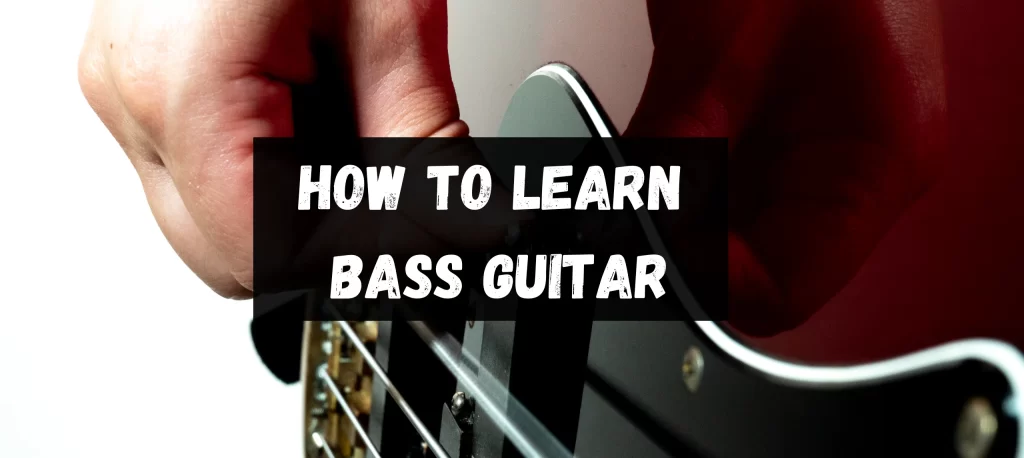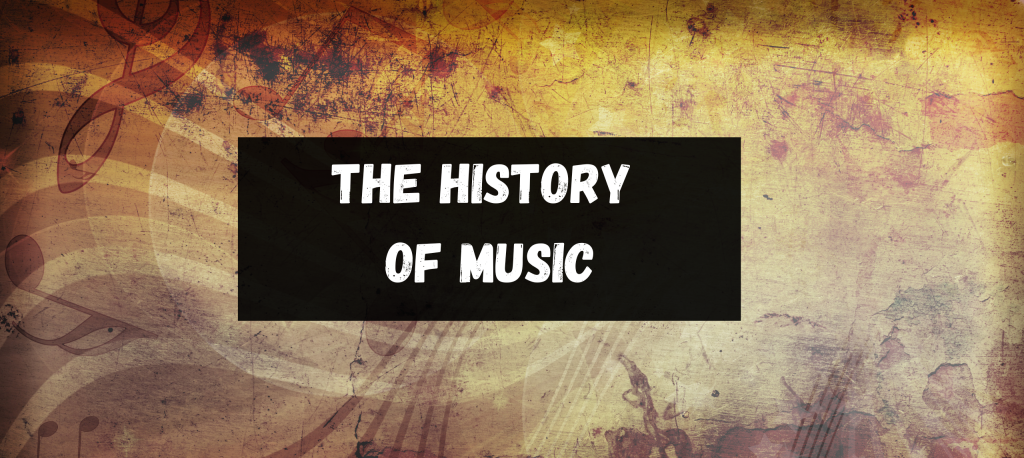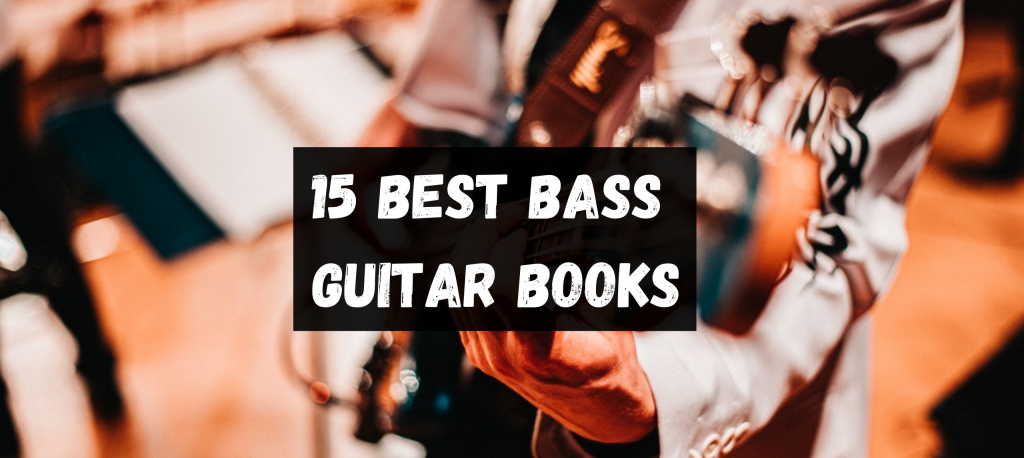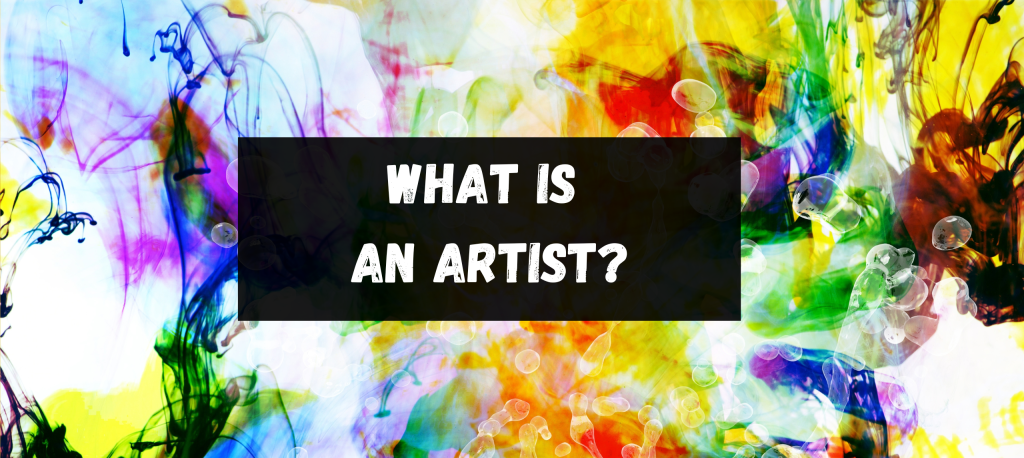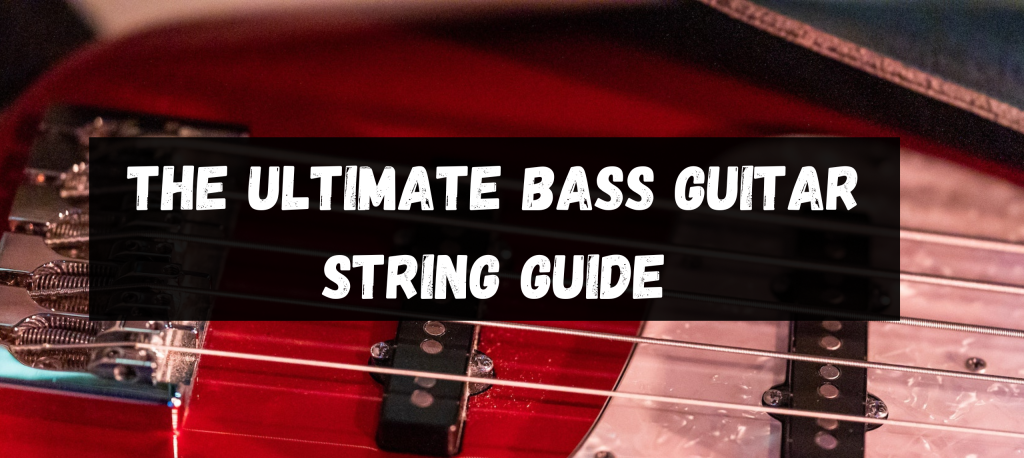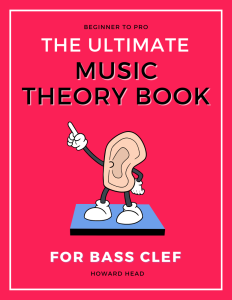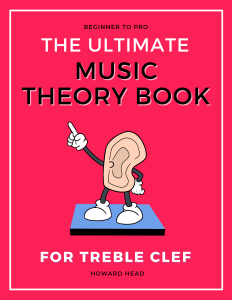August 18, 2023
Howard
Ska music is a genre that originated in Jamaica in the late 1950s, characterised by a walking bass line, off-beat rhythms, and typically complemented by horns and guitars. It’s a precursor to reggae and rocksteady, reflecting a vibrant blend of Caribbean musical traditions with jazz and rhythm and blues. Known for its infectious energy and danceable beats, Ska has played an influential role in the global music landscape, particularly resonating with British youth culture during various musical waves.
In this article, we shall delve into the intriguing blend of Ska with Punk and Pop, tracing its historical roots and exploring the vibrant landscape it occupies today. Whether you’re a longtime Ska enthusiast or new to this pulsating world, we have a treasure trove of information that promises to enlighten and entertain. So grab your dancing shoes, and let’s embark on a musical journey that promises to uncover the exciting intersections of these compelling genres. The rhythm’s about to start, and you won’t want to miss a beat!
Understanding Ska – Definition and Core Elements
Ska Music Definition:
Ska music is a lively and danceable genre that emerged from Jamaica in the late 1950s. It’s a fusion of Caribbean, jazz, and rhythm and blues influences that paved the way for later genres like reggae and rocksteady.
Essential Characteristics of Ska Music
Understanding Ska is to recognise its distinctive features that define its rhythm, instrumentation, and thematic elements:
Rhythmic Essentials: 4/4 Time Signature and Guitar Upstroke
- Time Signature: Ska often utilises a 4/4 time signature, providing a steady beat that encourages dancing.
- Guitar Upstroke: A defining feature of Ska is the emphasis on the off-beat, where guitarists play an upstroke on the “and” of the beat.
Instrumentation: The Importance of the Horn Section
- Horn Section: Brass instruments such as trumpets, trombones, and saxophones are vital in giving Ska its joyful and robust sound.
- Other Instruments: Guitars, bass, drums, and keyboards often complement the horn section, adding depth and diversity to the sound.
Thematic Elements: Social Justice and Rebellion in Lyrics
- Social Justice: Many Ska songs deal with themes of equality, anti-racism, and social reform, reflecting the cultural and political climate of its origins.
- Rebellion: An undercurrent of rebellion often runs through Ska music, with lyrics that challenge societal norms and political issues.
The engaging blend of rhythmic complexity, rich instrumentation, and thought-provoking themes has allowed Ska to transcend its Caribbean roots, resonating with audiences worldwide, especially within the British music scene. As we’ll explore further, the genre’s ability to fuse with other styles like Punk and Pop ensures its continual relevance and appeal in a dynamically changing musical landscape.
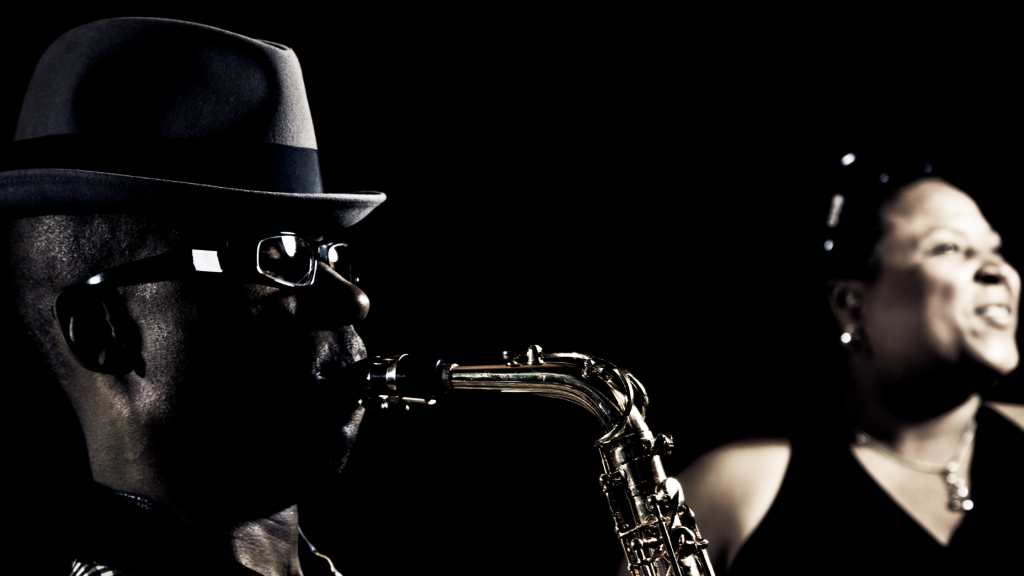
Ska’s Relationship with Punk
Historical Connection: Emergence of Ska-Punk
The fusion of Ska with Punk can be traced back to the late 1970s and early 1980s, particularly in the UK. This was when Punk’s raw energy met Ska’s rhythmic complexity, giving birth to Ska-Punk, a subgenre that encapsulated the rebellious spirit of both styles.
Notable Bands and Artists in Ska-Punk
The rise of Ska-Punk was championed by various bands that blended the genres in a unique and captivating way:
- The Clash: Merging Ska rhythms with Punk’s intensity, they were instrumental in popularising the Ska-Punk movement in Britain.
- Rancid: Known for their fusion of traditional Ska with the edginess of Punk, influencing a new generation of bands.
- Madness: With their signature sound that mixes Ska with elements of Punk, they became synonymous with the British Ska-Punk scene.
- Other Notables: Bands like Operation Ivy and The Specials further shaped the genre, each adding their flavour to the Ska-Punk blend.
How Ska and Punk Merge: Musical and Thematic Characteristics
The marriage of Ska and Punk is not merely musical but extends to thematic elements as well:
- Musical Fusion: Combining Ska’s upbeat rhythms with Punk’s aggressive guitar and vocal style creates a unique, energetic, and danceable sound.
- Lyric Themes: Both genres often deal with social issues, political activism, and a desire for change, allowing for seamless thematic integration.
Influence of Ska-Punk on the Music Scene
Ska-Punk’s influence can be seen in various facets of the music world:
- Cultural Impact: It shaped youth culture, reflecting a generation’s desire for rebellion and expression.
- Musical Influence: The Ska-Punk fusion paved the way for other cross-genre experiments, impacting bands across rock, alternative, and indie scenes.
- Festival Scene: The genre has a strong presence in music festivals and live performances, keeping the Ska-Punk spirit alive.
In conclusion, the relationship between Ska and Punk is a fascinating exploration of musical synergy. Through the creative blending of rhythms, instruments, and themes, Ska-Punk became more than just a subgenre; it became a cultural phenomenon that continues to resonate with audiences, particularly within the vibrant British music landscape.
Ska’s Fusion with Pop Music
The Popularity of Ska in Mainstream Music
Ska’s fusion with Pop has broadened its appeal, transforming it from a genre deeply rooted in Jamaican culture to a mainstream phenomenon. This blend has introduced Ska’s signature rhythms to a broader audience, making it an essential part of the Pop music landscape.
Ska Influences in Pop Hits
The upbeat tempo and off-beat chords of Ska have found their way into numerous Pop hits, manifesting in various forms:
- Rhythmic Patterns: Many Pop songs have adopted Ska’s characteristic rhythms, making them instantly recognisable and danceable.
- Horn Usage: The incorporation of horn sections, a hallmark of Ska, adds a distinctive flair to Pop compositions.
Artists that Bridge Ska and Pop
Several artists have managed to bridge the gap between Ska and Pop, creating a captivating blend that resonates with a wide range of listeners:
- No Doubt: Fronted by Gwen Stefani, No Doubt’s fusion of Ska with Pop elements catapulted them to global fame. Hits like “Just a Girl” showcase the seamless integration of these genres.
- Madness: Although initially more aligned with Ska-Punk, Madness evolved to produce Pop-infused Ska hits that became chart-toppers in the UK.
- Sublime: With a sound that marries Ska, Pop, and alternative rock, Sublime’s music reached a diverse audience, making them one of the key players in this fusion.
Impact of the Fusion on the Evolution of Pop Music
Ska’s union with Pop has had a lasting influence on the music scene:
- Musical Diversity: By embracing Ska’s rhythms and instrumentation, Pop music has become more eclectic and energetic.
- Cultural Crossover: The blending of Ska with Pop has allowed for cultural dialogue and exchange, bringing Caribbean sounds to a global platform.
- Innovation and Experimentation: This fusion has encouraged artists to experiment with different sounds and styles, pushing the boundaries of Pop music.
In essence, Ska’s fusion with Pop is not merely a trend but a significant chapter in the evolution of mainstream music. Integrating Ska’s joyful rhythms with Pop’s catchy melodies has created a rich musical tapestry that continues to influence and shape the contemporary British music scene. It’s a testament to Ska’s enduring appeal and its ability to adapt and thrive in an ever-changing musical landscape.
The Contemporary Scene
Modern Examples of Ska-Punk and Ska-Pop Fusion
In the contemporary music landscape, Ska continues to resonate through its fusion with Punk and Pop:
- Ska-Punk: Bands like Streetlight Manifesto and The Interrupters carry on the legacy of Ska-Punk with energetic tracks that combine the rawness of Punk with Ska’s rhythmic charm.
- Ska-Pop: Modern Pop hits often borrow from Ska, with artists like Bruno Mars incorporating off-beat rhythms and horn sections in chart-topping songs.

How Fusion Genres Keep Ska Relevant
Ska’s ability to meld with other genres has been crucial to its sustained relevance:
- Adaptation: By adapting to contemporary musical trends, Ska has managed to evolve while retaining its core characteristics.
- Crossover Appeal: Fusion with popular genres ensures that Ska reaches diverse audiences, keeping it fresh and engaging.
- Innovation: These cross-genre collaborations have paved the way for artistic experimentation, bringing new life and creativity to Ska music.
Emerging Artists and New Directions
The contemporary Ska scene is vibrant and continually evolving, with emerging artists exploring new directions:
- New Faces: Bands like The Skints and Tokyo Ska Paradise Orchestra are introducing innovative blends of Ska with various musical styles, ranging from rap to jazz.
- Global Reach: With Ska-inspired music being produced across the globe, the genre’s influence is more widespread than ever, reflecting its universal appeal.
- Digital Era Impact: The digital age has facilitated the discovery and promotion of Ska fusion artists, ensuring this unique sound continues to find new audiences.
The contemporary scene showcases Ska’s enduring vitality and ability to reinvent itself through fusion with Punk and Pop. Whether through established bands keeping the tradition alive or new artists pushing the boundaries, Ska remains a dynamic and relevant force in modern British music. It’s rhythmic richness and cultural depth ensure that it will remain a beloved and influential genre for years.
Critiques and Debates
Praises and Criticisms of the Fusion
Ska’s fusion with Punk and Pop has elicited a spectrum of reactions, reflecting diverse opinions within the music community:
Praises:
- Innovation: Many praise the fusion for bringing fresh perspectives and creativity to Ska, invigorating the genre with new energy.
- Accessibility: By blending with more mainstream genres, Ska has become more accessible to a broader audience, enhancing its popularity and reach.
- Cultural Exchange: The cross-genre collaborations have fostered cultural dialogue, opening Ska to different musical traditions.
Criticisms:
- Dilution of Identity: Detractors argue that the fusion can dilute Ska’s unique identity, overshadowing its roots and core characteristics.
- Commercialisation: Some believe that the melding with Pop, in particular, may lead to over-commercialisation, potentially sacrificing artistic integrity.
Purist vs Fusion Debates within the Ska Community
The fusion of Ska with Punk and Pop has sparked intense debates within the Ska community:
Purist Stance:
- Preservation of Tradition: Purists advocate for maintaining Ska’s traditional sounds and themes, fearing that fusion may lead to a loss of authenticity.
- Respect for Roots: They argue that Ska’s rich heritage and cultural significance must be preserved and respected.
Fusion Stance:
- Evolution and Growth: Proponents of fusion see it as a natural genre evolution, allowing Ska to grow, adapt, and thrive in the contemporary music scene.
- Diversity and Creativity: They believe fusion fosters diversity and creativity, enhancing the genre’s appeal and keeping it vibrant and relevant.
In summary, the critiques and debates surrounding Ska’s fusion with Punk and Pop reflect the complexities and passions that characterise the genre. The dialogue between preservation and innovation, tradition and modernity, forms a dynamic tension that shapes the present and future of Ska music. These conversations are a testament to Ska’s enduring significance and the deep emotional connection it holds for many in the British music community. Whether viewed as a refreshing evolution or a contentious departure, the fusion of Ska continues to provoke thought, challenge conventions, and inspire spirited discussion.
Popular UK Ska Festivals
- The London International Ska Festival – One of the most renowned ska festivals in the world, this event showcases both vintage and contemporary acts from the ska scene.
- Specialized – The Big One – Organized to support the Teenage Cancer Trust and Tonic Music for Mental Health, this festival focuses on ska, mod, and punk music. It usually takes place in Dorset.
- Skabour Festival – Typically held in Folkestone, Kent, Skabour celebrates ska and reggae music. The festival often features a mix of legendary ska bands and emerging talent.
- The Great Northern Ska Festival – Hosted in Manchester, this festival gathers top ska acts, both local and international.
- Boomtown – Located in Winchester, this multi-genre festival includes a section dedicated to ska, often featuring both classic and contemporary acts.
- Freedom Sounds Festival – Though this festival is actually based in Cologne, Germany, it’s worth mentioning due to its large number of UK ska bands that often participate.
- Skamouth – Held at Vauxhall Holiday Park in Great Yarmouth, Skamouth offers a weekend of ska, mod, reggae, and Northern Soul.
Conclusion
With its vibrant rhythms and distinct characteristics, Ska music has undergone a remarkable journey. The fusion of Ska with Punk brought forth a rebellious energy and connection to social justice, while its blend with Pop introduced catchy melodies and broad appeal. From the modern examples of Ska-Punk and Ska-Pop to the critiques and debates within the community, we’ve delved into the richness and complexity that mark this genre’s continual evolution.
Ska’s fusion with Punk and Pop is a story of creativity, resilience, and transformation. It’s a story that resonates in the echoing notes of a horn section, the upstroke of a guitar, and the lyrics that speak to the heart. As Ska continues to evolve, so does its ability to captivate, inspire, and move audiences across the nation. Whether in a nostalgic nod to the past or an eager embrace of the future, Ska’s continual evolution stands as a vibrant testament to the power of music to connect, challenge, and celebrate. Its legacy is not just in the notes played but in the lives it touches and the community it builds. That’s the beauty of Ska, a genre that refuses to stand still, always dancing to its unique beat and inviting us all to join in.
Get More Down Ya

Howard Head
I turn confused bass enthusiasts into bass gods through a simple and logical process.


